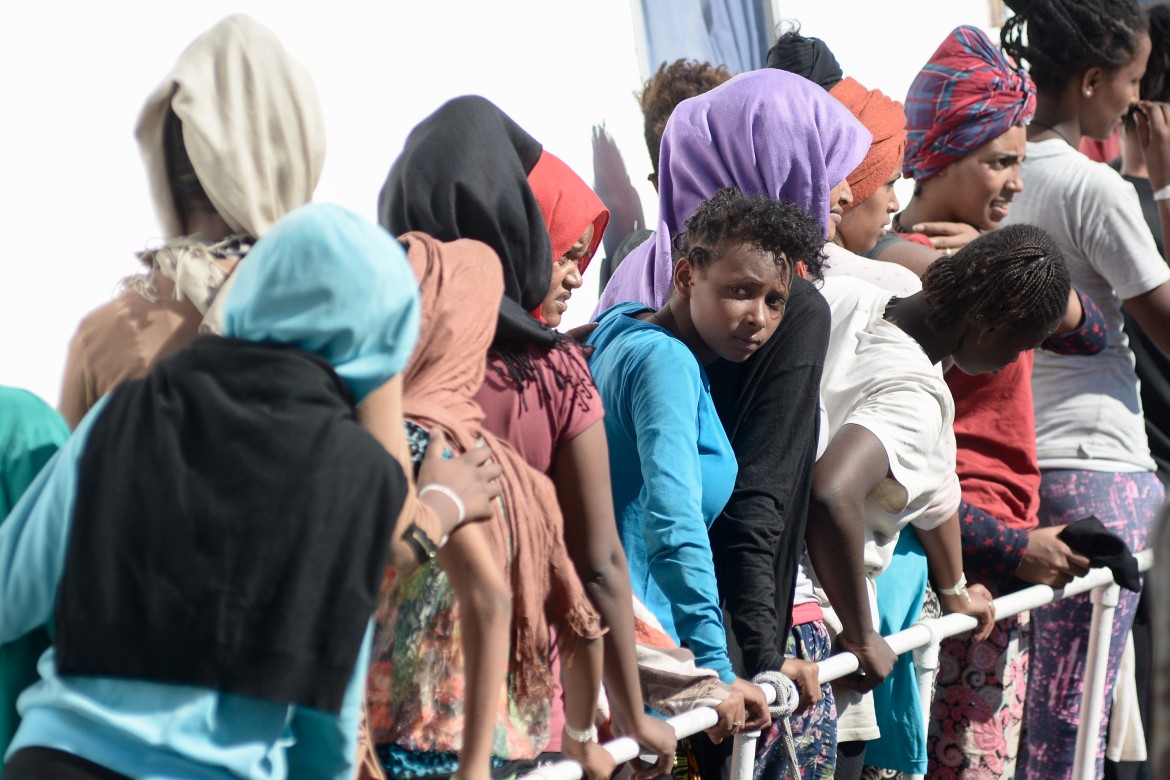Report
Amnesty calls Italian government ‘repressive.’ Salvini: ‘My conscience is clear’
In its report, the NGO paints a bleak picture of Italy due to the growing climate of mistrust and racism towards foreigners.

Since the day it was installed, the Conti government “immediately distinguished itself for repressive management of the migratory phenomenon.” Furthermore, the Italian authorities “have hampered and continue to hamper the landing in Italy of hundreds of people saved at sea, inflicting further suffering on them and undermining the overall functioning of the system of maritime search and rescue.”
These accusations are part of Amnesty International’s report entitled “Rights Today” (in the Italian version: “The Situation of Human Rights in the World: 2018 and the outlook for 2019”), released on the day of the 70th anniversary of the Universal Declaration of Human Rights. The NGO’s rebuke of Italy’s yellow-green government could not have been put in starker terms, as the organization does not hesitate to call the policies they are implementing against migrants “repressive,” stressing that the rights of asylum seekers are being put into question by the security decree authored by Interior Minister Matteo Salvini.
Salvini, in turn, had a ready response against Amnesty’s accusations. He claimed his “conscience is clear,” and that the security decree “erodes the rights of criminals, not of asylum seekers.” The other vice-prime minister, Luigi Di Maio, lent him support, invoking the police actions during the protests in France as rhetorical cover: “In France, I saw underage kids made to kneel by the police. If the Italian government had done such things, they would have sent the UN blue helmets in.”
Such witty retorts are in no way sufficient to diminish the gravity of the accusations put forward by Amnesty. In its report, the NGO paints a bleak picture of Italy due to the growing climate of mistrust and racism towards foreigners. That climate, they write, was also fueled by the language used during the grueling Italian electoral campaign by some politicians to stir up populist and identitarian sentiments, a discourse that incited hatred and discrimination and fueled a climate of growing intolerance, racism and xenophobia against minorities, refugees and migrants. In the same vein, Italy’s choice to join a number of other countries in refusing to sign the Global Compact for Safe, Orderly and Regular Migration concluded on Monday in Marrakech is a dismaying one, according to Amnesty Italy.
In the report, a special focus is given to the policy of forced evictions which is set to be enacted by the Italian government, and which will particularly affect Roma and migrants without offering any alternative accommodations. According to Amnesty, during 2019 this policy is likely to increase the number of individuals and families without a roof over their heads, while in Rome and in other cities thousands of Roma still live segregated in camps without adequate housing arrangements.
However, Amnesty doesn’t limit itself to taking aim at the Italian government’s immigration policies: while discrimination is running rampant at home, Italy continues to sell arms to warmongering countries like Saudi Arabia and the United Arab Emirates, active in the war in Yemen. Amnesty points out that these arms exports are in violation of Law 185/90 and the international treaty on the arms trade ratified by Italy in 2014, while the government is ignoring the public appeals made by the NGO to work towards a ceasefire in Yemen and to impose an arms embargo.
“Conte’s absence in Marrakech shows that if we go deeper than the platitudes, the government’s policy is dictated by the values and measures that are typical of the nationalist right,” commented Graziano Delrio, the leader of the Democratic Party group in the Chamber of Deputies, while Nicola Fratoianni of Sinistra Italia said that the words of Amnesty’s harsh assessment “weigh heavily on any government’s credibility.”
Originally published at https://ilmanifesto.it/politiche-razziste-e-repressive-amnesty-contro-il-governo/ on 2018-12-11
